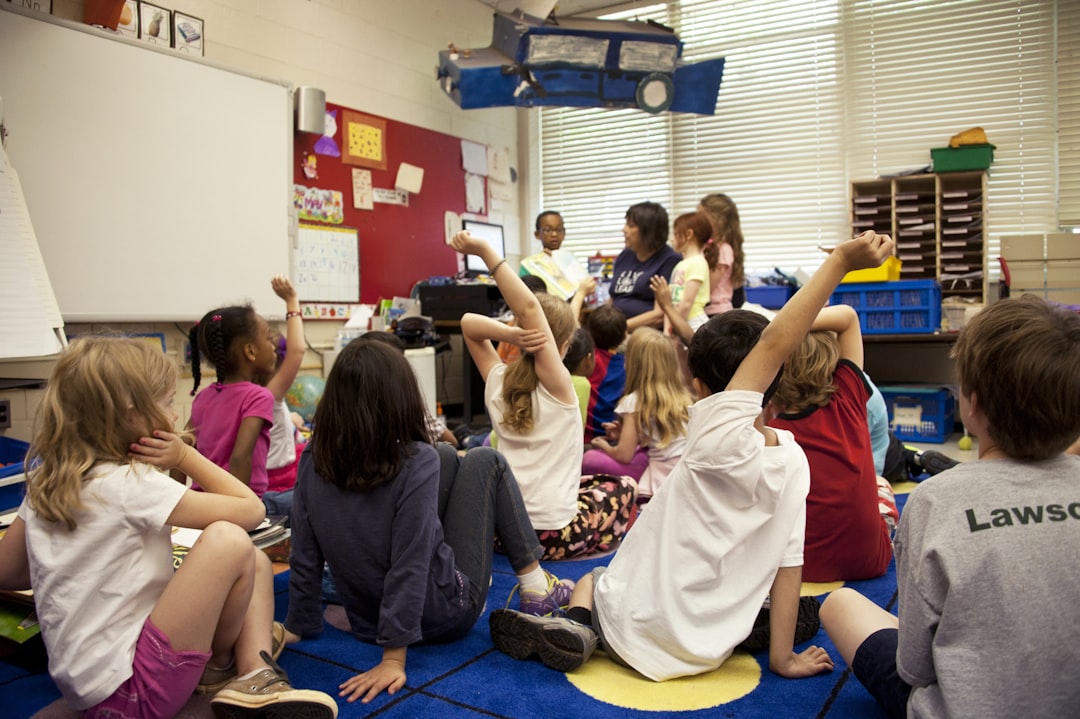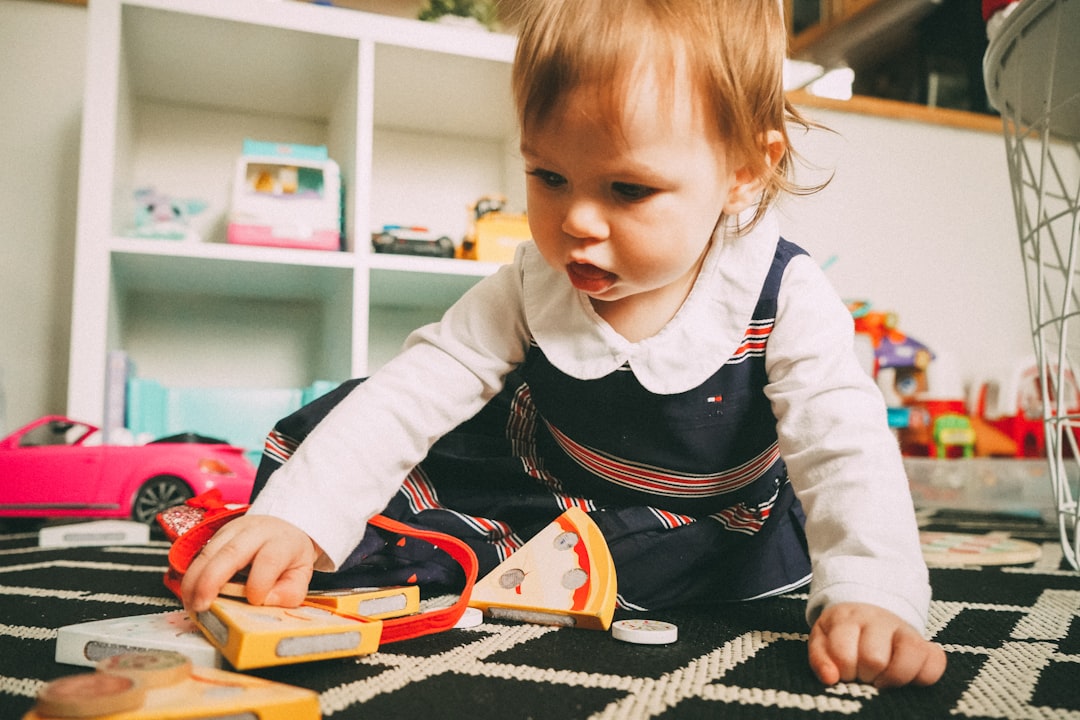Florida daycares prioritize child safety and well-being through strict security measures, educational play, nutritious meals, outdoor exploration, and quiet time. Staff adhere to developmental guidelines and Florida's daycare abuse laws, using law firms as resources for protection. Outdoor activities and calm spaces foster development while minimizing risks associated with daycare abuse.
In the bustling Tampa Bay area, understanding what happens during a typical day at a safe daycare is paramount for parents seeking quality care. This insightful article delves into the routines and activities that ensure children’s well-being, from morning arrival and safety checks to educational play, nutritious meals, outdoor exploration, and quiet rest periods. By exploring these key aspects, we provide valuable insights into best practices in daycare operations, while also highlighting the importance of stringent childcare laws, including Florida’s efforts to combat daycare abuse.
Morning Routines: Arrival, Safety Checks, and Welcome Activities

The day at a safe daycare begins with careful morning routines designed to ensure every child’s security and well-being. Upon arrival, staff conduct thorough safety checks, verifying each child’s identity and ensuring they are picked up by authorized individuals listed in their records. This meticulous process not only prevents daycare abuse but also instills trust among parents who entrust their children’s care to these facilities.
Welcome activities follow, aiming to create a warm and nurturing environment. Children engage in age-appropriate games or quiet moments, helping them acclimate to the new setting. These initial hours set the tone for the day, fostering a sense of comfort and security that facilitates learning and play later on, all while keeping Florida’s stringent daycare abuse laws firmly in mind and adherence.
Educational Play: Learning Through Interactive Games and Stories

In a typical day at a reputable Tampa Bay Area daycare, educational play is a cornerstone of early childhood development. Children engage in interactive games and stories that foster learning while having fun. These activities are carefully curated to align with developmental milestones outlined by childcare experts and the Florida Department of Health, which has strict guidelines to prevent daycare abuse. Through play, kids develop essential skills like problem-solving, creativity, and social interaction. For instance, role-playing games help them understand different perspectives and emotions, while building blocks and puzzles sharpen their cognitive abilities.
Storytime is another vital component, where caregivers use books and narratives to teach language, literacy, and critical thinking. These educational play sessions are not just enjoyable; they also prepare children for formal schooling by cultivating a love for learning. Moreover, daycare staff members, who often include qualified educators and early childhood specialists, observe and guide these activities, ensuring each child’s unique needs are met in a safe and nurturing environment, thus minimizing the risk of any form of abuse as dictated by local daycare abuse law firms in Florida.
Nutritious Meals: Balanced Diets and Mealtime Manners

In a typical day at a reputable daycare center in the Tampa Bay Area, one of the key aspects is the provision of nutritious meals that support children’s growing bodies and minds. Meals are carefully planned to offer a balanced diet, ensuring children receive the necessary nutrients for their age and developmental stage. This includes a mix of proteins, carbohydrates, healthy fats, fruits, and vegetables. Daycare facilities prioritize mealtime manners, teaching children basic table etiquette such as using utensils correctly, saying please and thank you, and waiting for everyone to be served before beginning to eat. These practices not only foster good eating habits but also promote a positive dining experience, laying the foundation for healthy relationships with food and social interactions.
The importance of proper nutrition and mealtime manners cannot be overstated, especially in light of Florida’s daycare abuse laws, which hold facilities accountable for ensuring the well-being of children in their care. By prioritizing balanced diets and teaching good manners, Tampa Bay Area daycare centers not only nurture healthy development but also create a safe and supportive environment, safeguarding children from potential health risks and promoting their overall welfare.
Outdoor Exploration: Physical Activity and Nature Appreciation

At a safe daycare center in Tampa Bay, outdoor exploration is a crucial part of the daily routine, promoting physical activity and nature appreciation among young minds. Children are often taken on supervised walks around the facility’s premises or to nearby parks and playgrounds. These activities not only encourage movement but also foster a connection with the natural environment. They learn about different plants, animals, and the changing seasons, stimulating their senses and curiosity.
Through outdoor play, kids develop gross motor skills as they run, jump, and climb. It’s a fun way to burn off energy while enjoying fresh air, which is especially important given concerns regarding daycare abuse law firms in Florida. Such activities also contribute to improved focus and cognitive development when children return indoors for structured learning sessions.
Naptime and Quiet Time: Rest, Relaxation, and Social Interaction

Naptime and quiet time are integral parts of a typical day at a safe daycare facility in Tampa Bay Area, ensuring that children get the rest they need while also fostering social interaction. During naptime, caregivers create a calm atmosphere to promote relaxation for young children. This period is not just about sleeping; it’s an opportunity for kids to recharge, process their daily experiences, and develop self-regulation skills. Caregivers may read stories, play soft music, or engage in quiet activities to help children transition into rest.
Quiet time follows naptime, offering a chance for children to engage in peaceful activities like drawing, building with blocks, or sharing books. This period allows kids to socialize with peers in a controlled environment, learning to take turns, share, and communicate their feelings. It’s a safe space where they can interact without the high energy of free play, fostering emotional intelligence and social development. These structured times contribute significantly to a child’s overall well-being, especially when considered in light of daycare abuse prevention laws in Florida.






